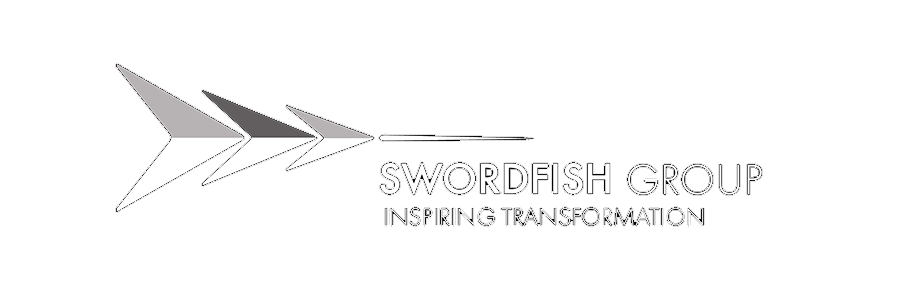Website Update? Our Guide to Clean Up Your Content Without Hurting Your Rankings
As a website owner or content creator, it's important to regularly clean up your website's content to ensure it remains high-quality and up-to-date. However, the fear of losing search engine rankings can make the process daunting. Fortunately, there are ways to clean up your content without negatively affecting your rankings. In this article, we'll explore how to clean up your content without hurting your search engine rankings.
Conduct a Content Audit
Before you start cleaning up your content, you need to know what you're dealing with. Conduct a content audit to identify all the pages on your website and evaluate their quality. You can use tools like Google Analytics, Google Search Console, and SEMrush to identify pages that are not performing well or those that have become outdated.
During the audit, focus on pages with low traffic, high bounce rates, and those that are not providing any value to your audience. This will help you identify pages that can be consolidated, updated, or deleted.
Consolidate Pages
If you have several pages that cover similar topics or have similar content, consider consolidating them into one page. This can help improve the user experience and reduce the number of pages on your website.
When consolidating pages, ensure that you redirect the old pages to the new page using a 301 redirect. This will ensure that any links pointing to the old pages are redirected to the new page, preserving their link equity.
Update Content
Outdated content can hurt your website's rankings, as search engines prioritise fresh and relevant content. Therefore, updating your content can improve your rankings and keep your website relevant.
When updating your content, ensure that you add new information, update any outdated information, and improve the readability of the content. You can also add images or videos to make the content more engaging.
Delete Low-Quality Pages
Low-quality pages can hurt your website's rankings and user experience. These include pages with thin content, duplicate content, and pages that are no longer relevant.
When deleting low-quality pages, ensure that you redirect them to relevant pages using a 301 redirect. This will ensure that any links pointing to the deleted pages are redirected to the relevant pages, preserving their link equity.
Monitor Your Website's Performance
After cleaning up your content, monitor your website's performance to ensure that there are no negative impacts on your search engine rankings. Use tools like Google Analytics and Google Search Console to monitor your website's traffic, bounce rates, and search engine rankings.
Cleaning up your website's content is an important task that should be done regularly. However, it's important to do it in a way that doesn't negatively affect your search engine rankings. By conducting a content audit, consolidating pages, updating content, deleting low-quality pages, and monitoring your website's performance, you can clean up your content without affecting your rankings.
In conclusion, cleaning up your website's content is crucial for maintaining its quality and relevance, but it can be a daunting task. However, you don't have to do it alone.
Our SEO content specialists at SWORDFISH can assist you in conducting a thorough content audit, consolidating pages, updating content, deleting low-quality pages, and monitoring your website's performance. We have the expertise and experience to help you clean up your content without negatively affecting your search engine rankings.
Contact us today to learn more about our content optimisation services and how we can help improve your website's performance.

